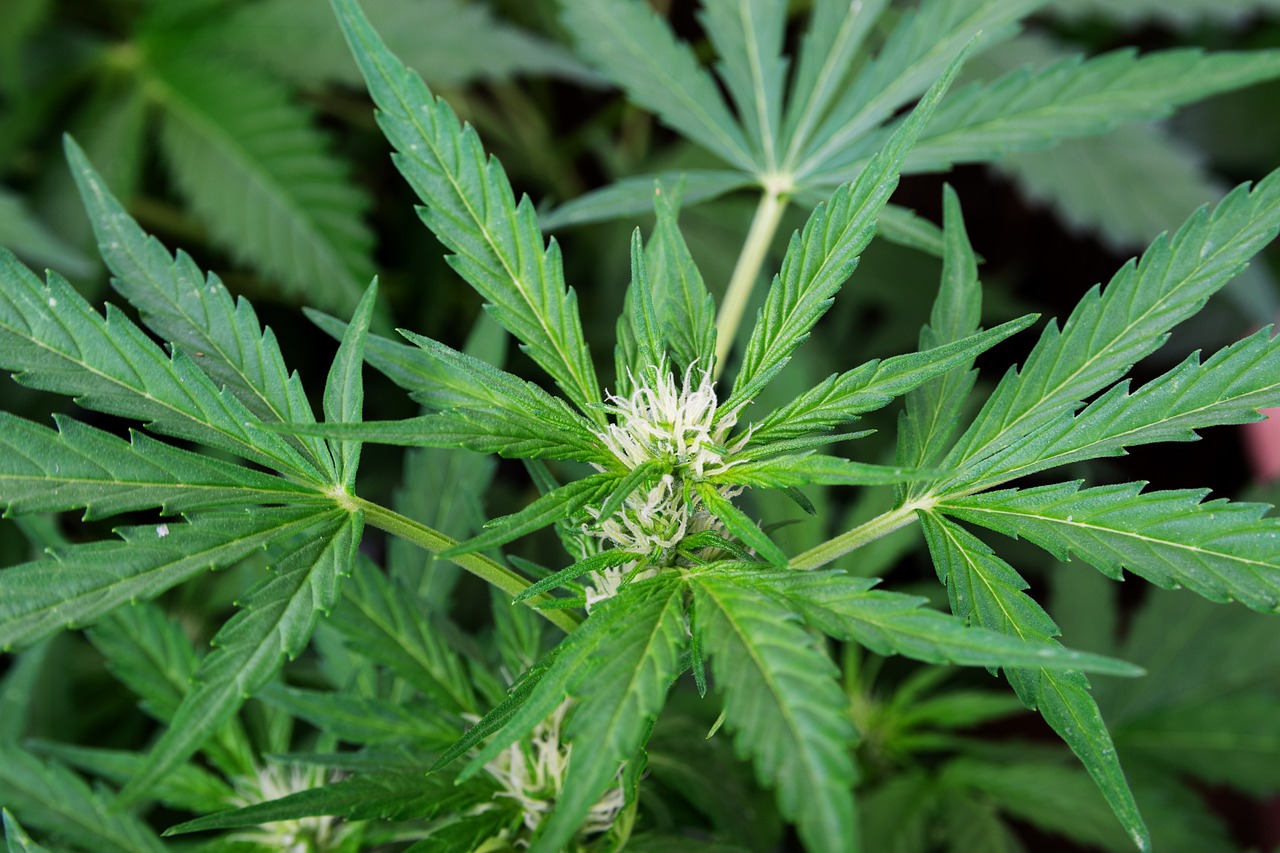In recent years, the interest in cannabis and its various compounds has surged, leading to a deeper understanding of its potential health benefits. One compound that has gained attention is THCA, or tetrahydrocannabinolic acid. Unlike its more famous counterpart, THC, THCA is non-psychoactive, meaning it doesn’t produce the “high” associated with cannabis use. This article delves into the health benefits of Best Red Velvet THCa flower, supported by research and case studies.
Understanding THCA
THCA is a cannabinoid found in raw and live cannabis plants. It is the precursor to THC, which means it converts to THC when exposed to heat through a process called decarboxylation. This transformation is why raw cannabis doesn’t produce psychoactive effects. THCA is abundant in fresh cannabis flowers and is often consumed in its raw form to harness its potential health benefits.
Non-Psychoactive Nature
One of the primary reasons for the growing interest in THCA is its non-psychoactive nature. This characteristic makes it an attractive option for individuals seeking the therapeutic benefits of cannabis without the mind-altering effects. This aspect is particularly beneficial for patients who need to maintain clarity and focus while managing their symptoms.
Potential Health Benefits of THCA
Research into THCA is still in its early stages, but preliminary findings suggest several potential health benefits. Here are some of the most promising areas:
- Anti-Inflammatory Properties: Studies indicate that THCA may have anti-inflammatory effects, which could be beneficial for conditions like arthritis and other inflammatory diseases.
- Neuroprotective Effects: Research suggests that THCA might offer neuroprotective benefits, potentially aiding in the treatment of neurodegenerative diseases such as Alzheimer’s and Parkinson’s.
- Anti-Emetic Properties: THCA has shown promise in reducing nausea and vomiting, making it a potential option for patients undergoing chemotherapy or those with chronic nausea.
- Appetite Stimulation: Some studies have indicated that THCA may help stimulate appetite, which can be beneficial for individuals with conditions that cause appetite loss.
Case Studies and Research
Several case studies and research projects have explored the effects of THCA on various health conditions. For instance, a study published in the British Journal of Pharmacology highlighted THCA’s potential in reducing inflammation and pain in animal models. Another study in the Journal of Neuroimmune Pharmacology suggested that THCA might protect against neurodegenerative diseases by reducing oxidative stress and inflammation in the brain.
Consumption Methods
THCA can be consumed in several ways, each offering unique benefits. Here are some popular methods:
- Raw Consumption: Consuming raw cannabis leaves or flowers in smoothies or salads is a popular method to intake THCA without converting it to THC.
- Tinctures and Oils: These products allow for precise dosing and are often used sublingually for quick absorption.
- Topicals: THCA-infused creams and balms can be applied directly to the skin for localized relief from pain and inflammation.
Legal Considerations
The legal status of THCA varies by region, as it is often classified under the same regulations as THC. It’s important for consumers to be aware of local laws and regulations regarding the purchase and use of THCA products. In some areas, THCA is available in dispensaries, while in others, it may be restricted or require a medical prescription.
Conclusion
THCA flower presents a promising avenue for those seeking the therapeutic benefits of cannabis without the psychoactive effects. With its potential anti-inflammatory, neuroprotective, and anti-emetic properties, THCA offers a range of health benefits that warrant further exploration. As research continues to unfold, THCA may become a valuable component in the landscape of natural health remedies. For those interested in exploring THCA, understanding its properties, benefits, and legal status is key to making informed decisions.


